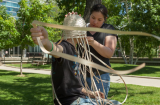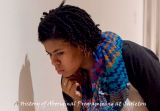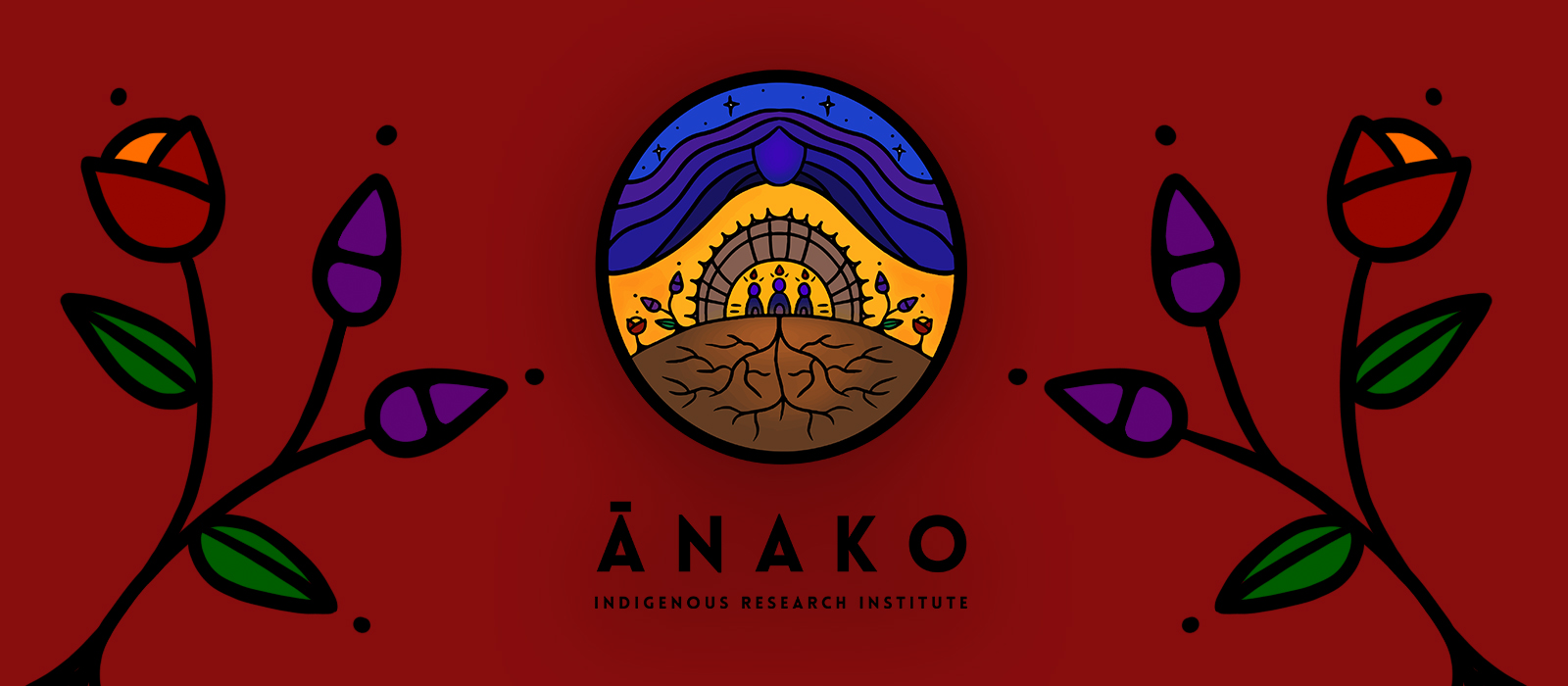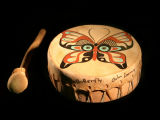The Ānako Indigenous Research Institute brings together researchers, students and Indigenous communities in a place of dialogue and understanding to foster ethical, balanced, and respectful relationships between researchers and communities.
Our long-term goals are for Ānako to be a collaborative research hub, a vital connection point for faculty and students from different departments, and a source of mentorship for Indigenous methodologies.
Ānako will facilitate the implementation of many of the Calls to Action drafted by Carleton’s Strategic Indigenous Initiatives Committee for the Kinàmàgawin Report (2020). The revisioning of CIRCLE (the Centre for Indigenous Research, Language and Education) into an Indigenous Research Institute responds specifically to Call #31, which outlines the need to establish “an Institute for Indigenous Research with the intent of continuing, consolidating, and further promoting innovative and collaborative research pertaining to Indigenous peoples, communities and nations.”
We invite you to collaborate with Ānako as we work to support and further the skills, priorities and needs of Carleton researchers working with Indigenous communities and Indigenous researchers at Carleton University.

The Institute’s Journey
The word itself, ‘research’, is probably one of the dirtiest words in the Indigenous world’s vocabulary… it stirs up silence, it conjures up bad memories, it raises a smile that is knowing and distrustful… The ways in which scientific research is implicated in the worst excesses of colonialism remains a powerful remembered history for many of the world’s colonized peoples.
— Linda Tuhiwai Smith (Decolonizing Methodologies)
The launch of Carleton’s Ānako Indigenous Research Institute in 2021 represents an outcome of over twenty years of change in the practice and ethics of research with Indigenous peoples.
In recent years, there has been increased awareness of Indigenous research ethics and practices which underscore the overarching purpose of this Institute: to bring researchers, students and Indigenous communities together in a place of dialogue and understanding. Ānako will foster ethical, balanced, and respectful relationships between researchers and communities. At its foundation is dialogue. Speakers, workshops, community engagement, and sustained relationship building will generate research that will benefit Indigenous communities.
The Centre for Indigenous Research began at Carleton in 1993 as the Centre for Aboriginal Education, Research and Culture (CAERC), a centre created to serve First Peoples’ communities, students, youth and researchers.
In 2003, the academic research operations of CAERC amalgamated with Carleton’s Canadian Musical Heritage Society and other Organized Research Units on campus, including the Centre for Canadian Cultures and Heritages and the Centre for First Peoples’ Music and Research. Together these groups formed CIRCLE: Carleton’s Centre for Indigenous Research, Culture, Language and Education.
CIRCLE pursued a number of projects, often building on the existing research accomplishments of its member organizations. During this time, CIRCLE worked in close collaboration with Indigenous communities and like-minded organizations such as BlackCherry Digital Media, Pinegrove Productions, Carleton’s Centre for Aboriginal Culture and Education (CACE) and others. Like CIRCLE, CACE, which focused on Indigenous student recruitment, retention and support, also originated as part of CAERC; it is now the Centre for Indigenous Support and Community Engagement.
Following the release of the Truth and Reconciliation Commission’s Final Report in 2015, the Carleton University Strategic Indigenous Initiatives Committee held wide-ranging consultations and drafted a comprehensive set of Calls to Action. The Kinàmàgawin (Learning Together) Final Report (May 2020) was created to ensure that our campus will truly support and empower current and future Indigenous students and faculty members. Now, as one of many outcomes of the Kinàmàgawin Report, Ānako has been established as a research institute focused on Indigenous cultures, languages, and ethical research practices.

Co-directors of the Centre for Indigenous Research in 2017, from Left-to-Right: Cle-alls Kelly, Dr. Kahente Horn-Miller, Miranda Brady & Anna Hoefnagels.
Further Information
Past Projects: Learn more about selected past projects, including 3 major online educational resources on Indigenous dance, drums, and Treaty 9 history.
 Timeline: Wìyagi iji anishinàbeg wìdòkàzowin Carleton kichi kikinàmàdinàn: Indigenous Initiatives at Carleton. From the Kinàmàgawin (Learning Together) Report, 2020. This timeline outlines some of the Indigenous initiatives undertaken by Carleton since the 1990s.
Timeline: Wìyagi iji anishinàbeg wìdòkàzowin Carleton kichi kikinàmàdinàn: Indigenous Initiatives at Carleton. From the Kinàmàgawin (Learning Together) Report, 2020. This timeline outlines some of the Indigenous initiatives undertaken by Carleton since the 1990s.
 Indigenous Content on Campus: A History of Aboriginal Programming at Carleton University, by Jo-Anne Lawless, School of Canadian Studies, 2016. Begins with Carleton’s first acknowledgements of Indigenous peoples in its media and courses in the 1940s, and then follows the trajectory of academic and administrative Aboriginal programming up to 2016.
Indigenous Content on Campus: A History of Aboriginal Programming at Carleton University, by Jo-Anne Lawless, School of Canadian Studies, 2016. Begins with Carleton’s first acknowledgements of Indigenous peoples in its media and courses in the 1940s, and then follows the trajectory of academic and administrative Aboriginal programming up to 2016.

